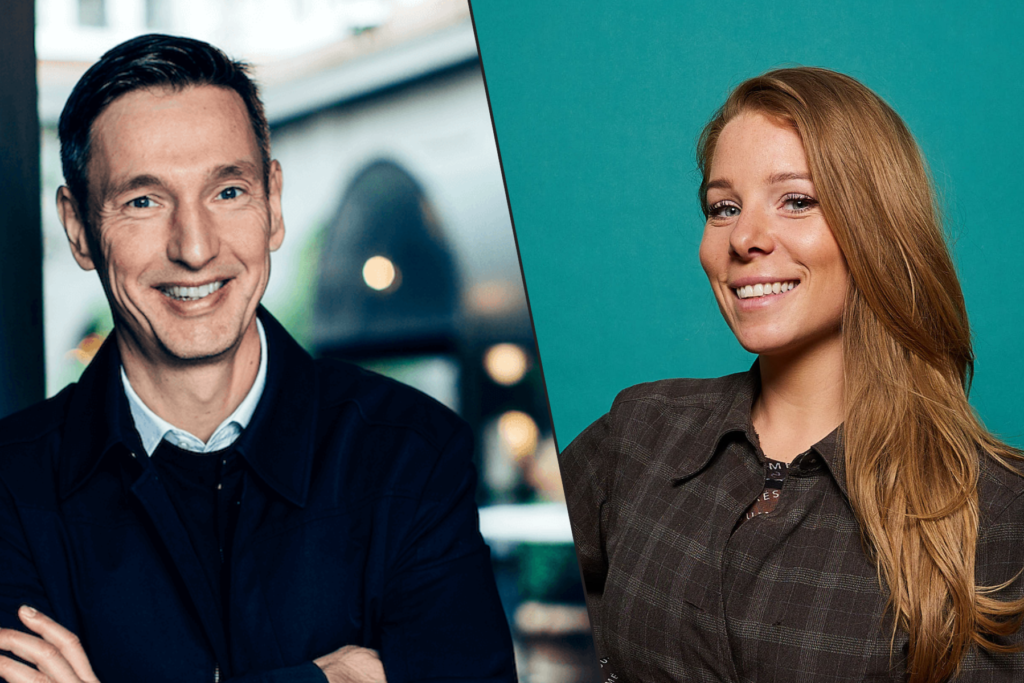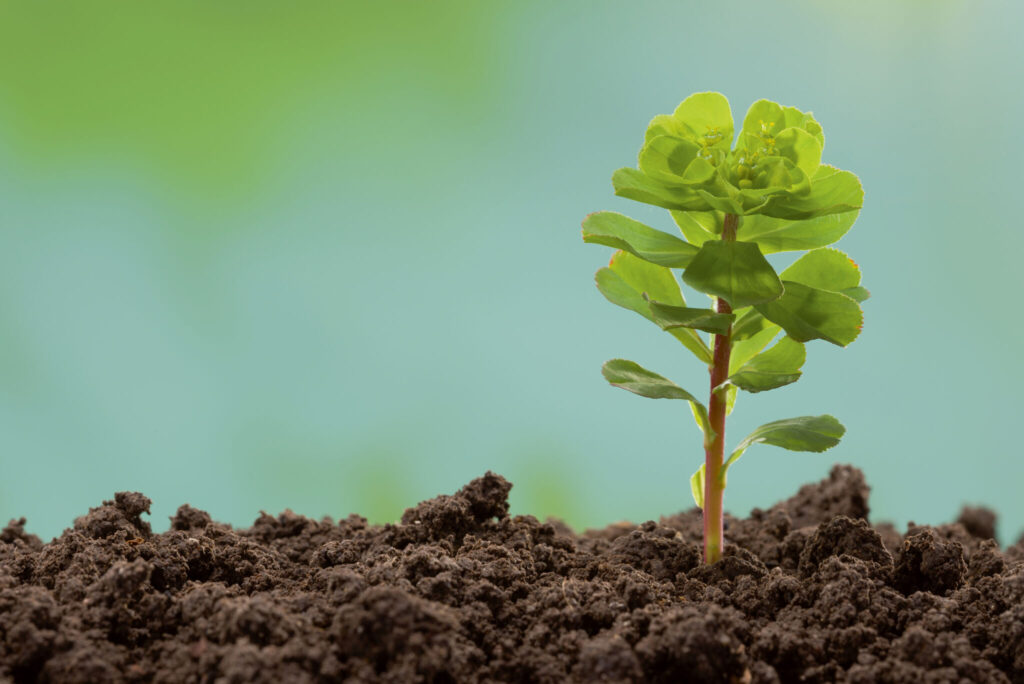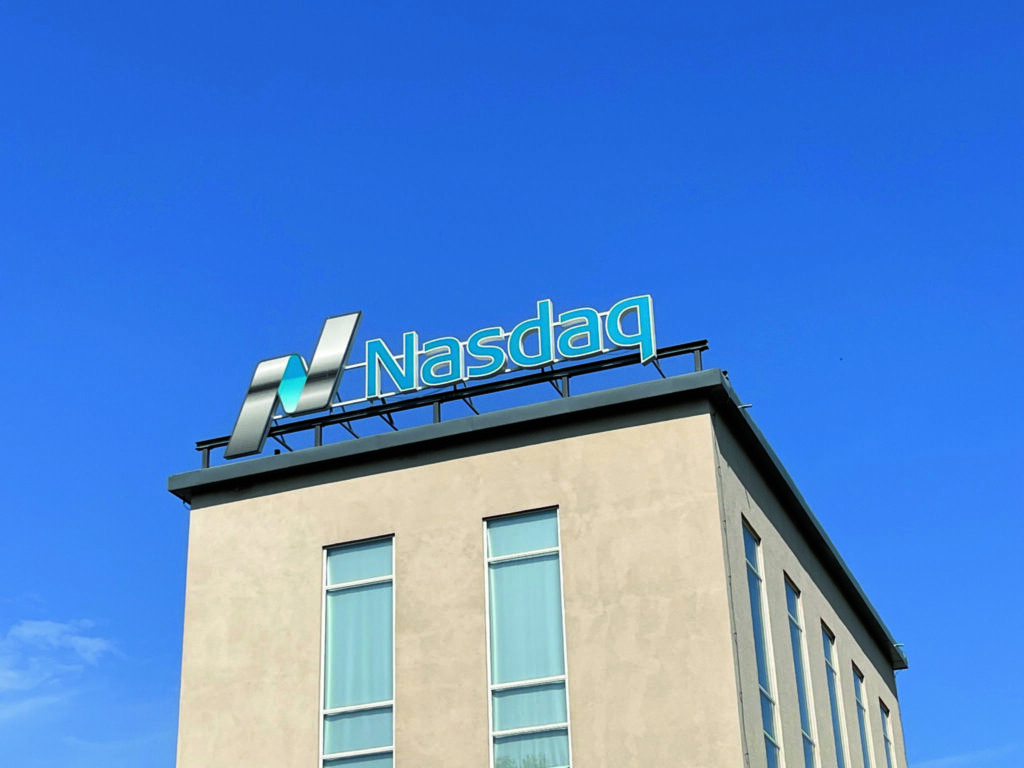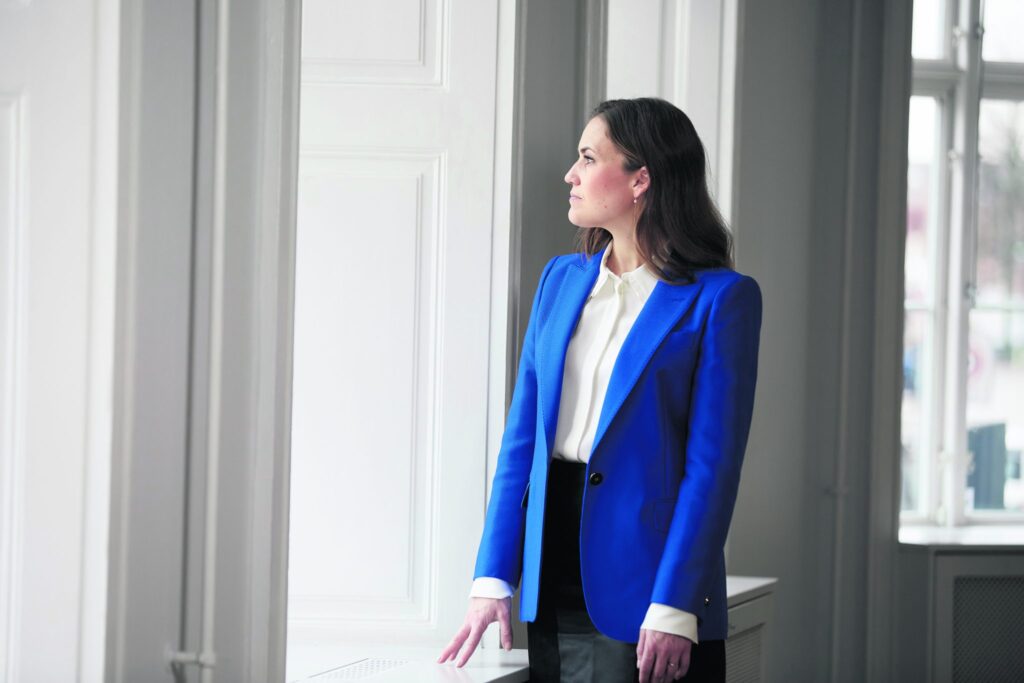Sustainability

Building The Framework For Living The Good Life
04/11 - Ikano Bolig
EXPANDING IN THE COPENHAGEN METROPOLITAN AREA
Ikano Bolig recently acquired the Danish activities of Swedish housing developer Bonava at the price of 400 million Danish kroner. Bonava was spun off from the Swedish construction company NCC in 2016 and, according to the property newsmedia Estate, decided to sell off its activities in the Copenhagen metropolitan area and pull out of the Danish market entirely.
Included in the transaction are planning permissions for more than 50,000 square metres of homes, to include some 520 tenant-owned and rental properties in Værløse, Valby and Greve. These are well aligned with Ikano Bolig’s plans to expand in the Greater Copenhagen area – an area covered by the so-called Finger Plan that has long been the public urban plan for the development of the Copenhagen metropolitan area. plan is to consolidate in this area before starting to look for suitable locations in other parts of Denmark.
By Henrik Malmgreen
Responsible homebuilding is about far more than bricks and mortar. It is about sustainability too – and not just the sustainability of climate friendly and environmentally sound building materials: It is about social sustainability. Today’s homes need to be healthy places for both body and mind. At least that is the mantra of Ikano Bolig which has spent the past 4 years building up their presence in Denmark, so far with two housing projects in the Copenhagen suburbs Greve and Hillerød.
“We really want to help create the framework for living the good life. I’ve worked in the construction industry for several years and I’ve helped create architecturally really ambitious buildings. But the form only sets the space for life. The form does not create life,” says René Brandt, Managing Director of Ikano Bolig. He has mixed feelings when looking back at some of the past projects that he has been involved in.
Inspiring others
From the start, the mantra of creating the framework for the good life was part of what set Ikano Bolig apart from other project developers, but today he is happy to see the concept of social sustainability spreading across the homebuilding industry. To put it simply: Homebuilding has a role to play in helping residents engage with each other, and Ikano Bolig works actively with this idea, not least through a ‘Nærvær concept’ that is implemented in all of its housing projects.
“What we do in our housing projects is setting up a café that’s designed to be run by both residents and local volunteers. We also have someone from our organisation participating, so in that way we help give something back,” René Brandt says. He explains that this is, in a way, like giving the building to its local area and that eventually the idea is for the place to find an identity of its own as an independent housing association.
Casting a wide net
In other words, Ikano Bolig does not follow a “hit-and-run” strategy of just building a project, selling off the homes and moving on as quickly as possible. The company is serious about wanting to give something back to the local area, and that concept is still very unique within the construction sector. It also helps the company be seen as a serious collaborator for local authorities in those areas where Ikano Bolig has active projects. According to René Brandt, the company is now also planning to both build and operate a portfolio of rental homes.
“We want to cast our net as wide as possible. To give an example, we’re not planning to focus narrowly on segments such as residential communities for the elderly. We’d like to work with a mix of different types of homes, appealing as widely as possible to different parts of the population,” René Brandt explains. He reveals that Ikano Bolig has just invested hundreds of millions of Danish kroner in a location in Ballerup on the outskirts of Copenhagen where the company is working on planning permission for a housing project comprising a total of 40,000 square metres of homes.
Connecting and feeling safe
In part, Ikano Bolig’s projects follow a three-pronged strategy of sustainability. First, the materials need to live up to the standards set for a category of voluntary sustainability that has been established by the Danish government as a pilot project for building projects. Second, the aim is to offer the most financially sustainable and therefore attractive homes in the market. The third part is where the social sustainability mentioned above comes in.
“This is why we’re putting a lot of work into involving not just the people who buy or rent our homes, but the entire local area as well. It’s about helping to create connections, connections create a feeling of safety, and when you feel safe, there’s less of a risk of feeling lonely,” René Brandt explains, adding that what helps to create a feeling of shared life in these housing projects is not just the local café but various forms of shared workshop areas too.
Our common needs
“I regularly pass by some of the grand, ambitious housing projects that I’ve worked on in the past, and often what strikes me is that although they look impressive, they often seem completely empty and deserted by people. So, even the fanciest and boldest homes aren’t always the best by a long stretch,” René Brandt says. He is eager to engage with the social responsibility that is now a fundamental principle in all of the building projects that Ikano Bolig takes on.
The concept originally started in Sweden but is equally thriving in Denmark – after all, the Swedish and Danish cultures are not all that different. It could be argued that wanting a good and well-organised home that comes with a sense of community and belonging is something that appeals to us all. In reality, it is what we all want.
A COMPLETELY NATURAL EXPANSION
Ikano Bolig has been developing and building homes in Denmark since 2017 and is part of the Ikano Group which comprises a number of industries such as banking, housing, manufacturing, insurance, etc in various countries. Ikano Group was founded by the founder of IKEA and is still owned by the Kamprad family. In Sweden, Ikano Bostad has some 1,500 homes ongoing and owns and rents out 6,000 apartments. As in Denmark, the company seeks to engage as an attractive collaborator for local authorities working actively on urban development. All aspects of sustainability are equally important, and the Managing Director of Ikano Bostad, Robert Jaaniste, says the group is aiming to be carbon neutral by 2030 and for all of its projects to be certified as sustainable. “We have worked extensively across the Øresund region, so it’s been completely natural to step into the Danish property market to help us grow. We also see a lot of similarities between the Swedish and Danish markets, both in terms of where we would like to help with urban development and how we collaborate with local authorities,” Robert Jaaniste says, adding that there are also many similarities when it comes to efforts to boost social sustainability and social responsibility. “We want to cast our net as wide as possible. To give an example, we’re not planning to focus narrowly on segments such as residential communities for the elderly. We’d like to work with a mix of different types of homes, appealing as widely as possible to different parts of the population,” René Brandt explains.
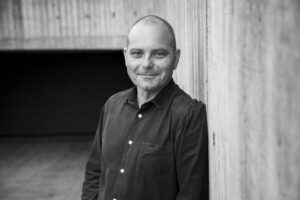
work with a mix of different types of homes, appealing as
widely as possible to different parts of the population”, René Brandt, CEO Ikano Bolig
He reveals that Ikano Bolig has just invested hundreds of millions of Danish kroner in a location in Ballerup on the outskirts of Copenhagen where the company is working on planning permission for a housing project comprising a total of 40,000 square metres of homes. Connecting and feeling safe In part, Ikano Bolig’s projects follow a three-pronged strategy of sustainability. First, the materials need to live up to the standards set for a category of voluntary sustainability that has been established by the Danish government as a pilot project for building projects. Second, the aim is to offer the most financially sustainable and therefore attractive homes in the market. The third part is where the social sustainability mentioned above comes in. “This is why we’re putting a lot of work into involving not just the people who buy or rent our homes, but the entire local area as well. It’s about helping to create connections, connections create a feeling of safety, and when you feel safe, there’s less of a risk of feeling lonely,” René Brandt explains, adding that what helps to create a feeling of shared life in these housing projects is not just the local café but various forms of shared workshop areas too. Our common needs “I regularly pass by some of the grand, ambitious housing projects that I’ve worked on in the past, and often what strikes me is that although they look impressive, they often seem completely empty and deserted by people. So, even the fanciest and boldest homes aren’t always the best by a long stretch,” René Brandt says. He is eager to engage with the social responsibility that is now a fundamental principle in all of the building projects that Ikano Bolig takes on. The concept originally started in Sweden but is equally thriving in Denmark – after all, the Swedish and Danish cultures are not all that different. It could be argued that wanting a good and well-organised home that comes with a sense of community and belonging is something that appeals to us all. In reality, it is what we all want.
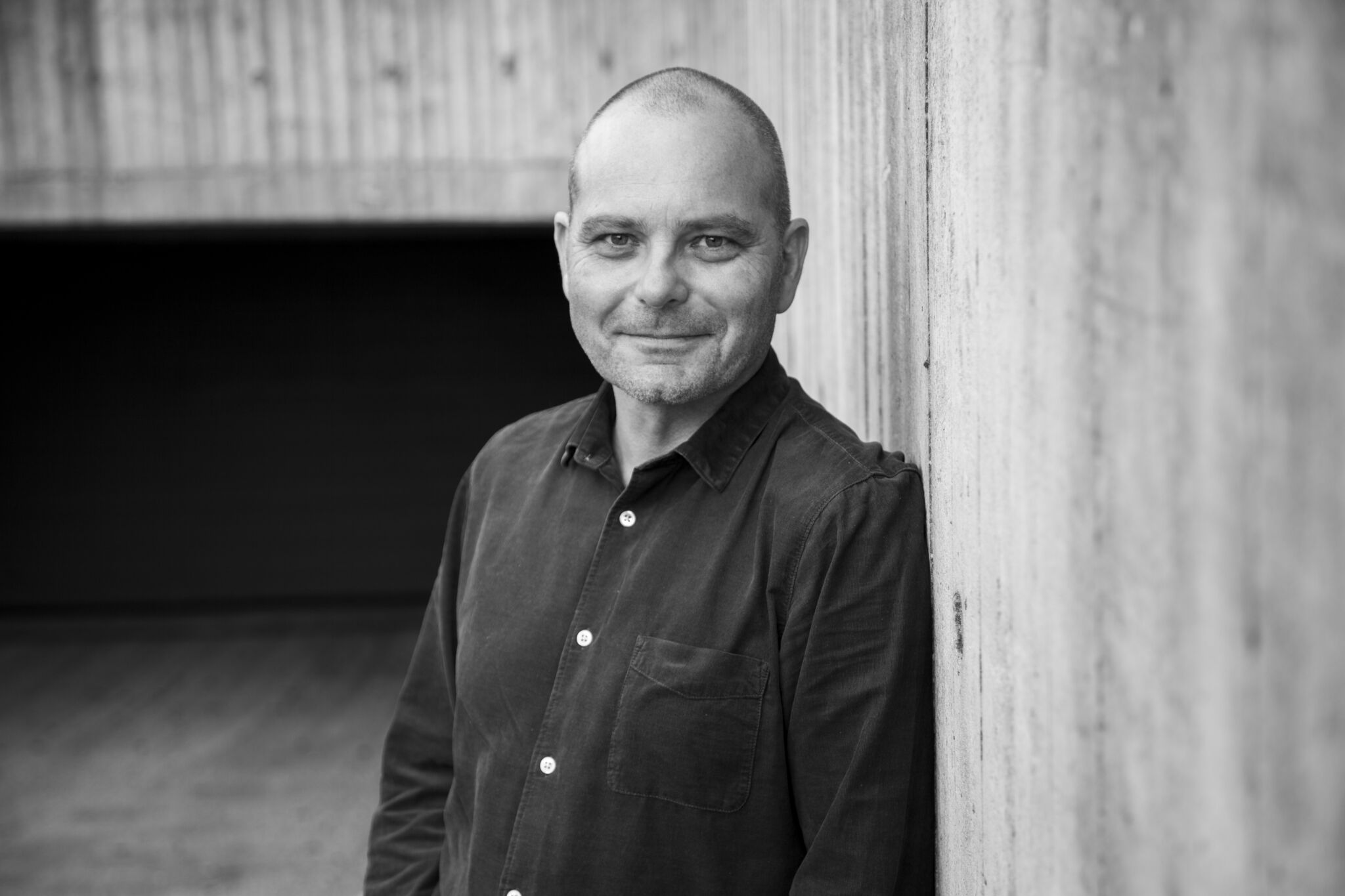
EXPANDING IN THE COPENHAGEN METROPOLITAN AREA
Ikano Bolig recently acquired the Danish activities of Swedish housing developer Bonava at the price of 400 million Danish kroner. Bonava was spun off from the Swedish construction company NCC in 2016 and, according to the property news outlet Estate, decided to sell off its activities in the Copenhagen metropolitan area and pull out of the Danish market entirely. Included in the transaction are planning permissions for more than 50,000 square metres of homes, to include some 520 tenant-owned and rental properties in Værløse, Valby and Greve. These are well aligned with Ikano Bolig’s plans to expand in the Greater Copenhagen area – an area covered by the so-called Finger Plan that has long been the public urban plan for the development of the Copenhagen metropolitan area. plan is to consolidate in this area before starting to look for suitable locations in other parts of Denmark.

